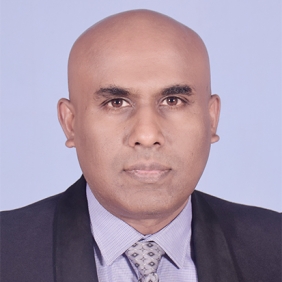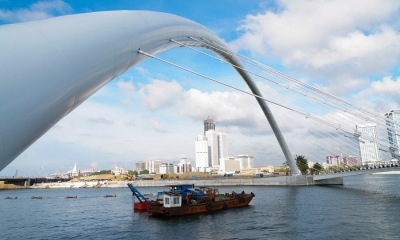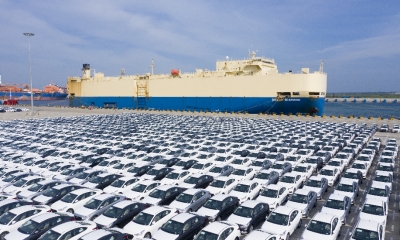A Flagship Project in Uganda Under the BRI Brings Power to Locals
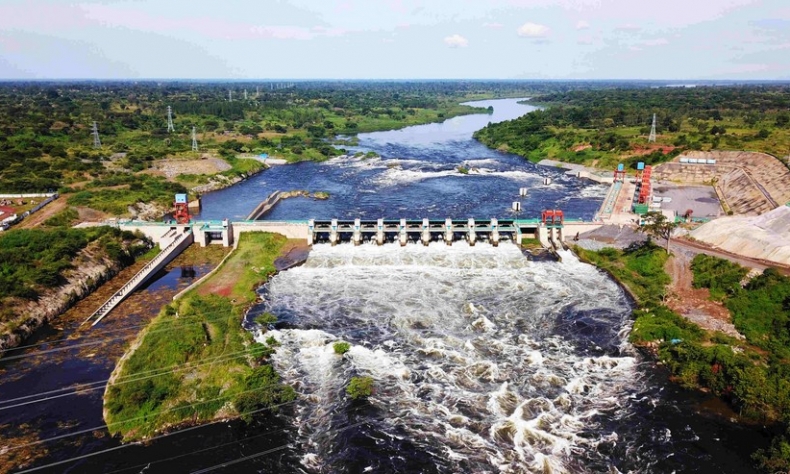
Beyond doubt the elevation of China-Uganda relations will bring more development opportunities to Ugandans, as well as to the whole African region.
In February 2024, Uganda successfully launched the last unit of six turbines at the Karuma Hydropower Plant and synchronized it on the national grid. The first unit of the project was connected to the grid for power generation in October 2022. Successful completion with a total installed capacity of 600 MW, marks another step towards the goal of full operation and power generation for Uganda’s largest hydropower station.
The power plant constructed both on the surface and underground below the Nile River, is expected to have a power generation capacity of 600 MW, with each turbine generating 100 MW. The Karuma hydropower plant is located in Kiryandongo District in mid-northern Uganda, 110 km downstream of Lake Kyoga, and 270 km from Kampala the Capital of Uganda.
With the Karuma Hydropower Plant, the country’s installed electricity generating capacity is projected to hit at least 2000 MW. Karuma is the second power plant financed by China after the 183 MW Isimba Hydropower Plant.
This flagship hydroelectric project is being jointly developed by Uganda’s Ministry of Energy and Mineral Development (MEMD) and Uganda Electricity Generation Company Limited (UEGCL), with the help of China, financed by the Export-Import (Exim) Bank of China, which financed 85 percent of the project and the remaining 15 percent was from the Ugandan government.
The Karuma Hydropower Station project is implemented through the “Engineering, Procurement, and Construction (EPC)” approach and the construction of the power station began in August 2013. The EPC contract for the project was awarded to Sinohydro Corporation Limited.
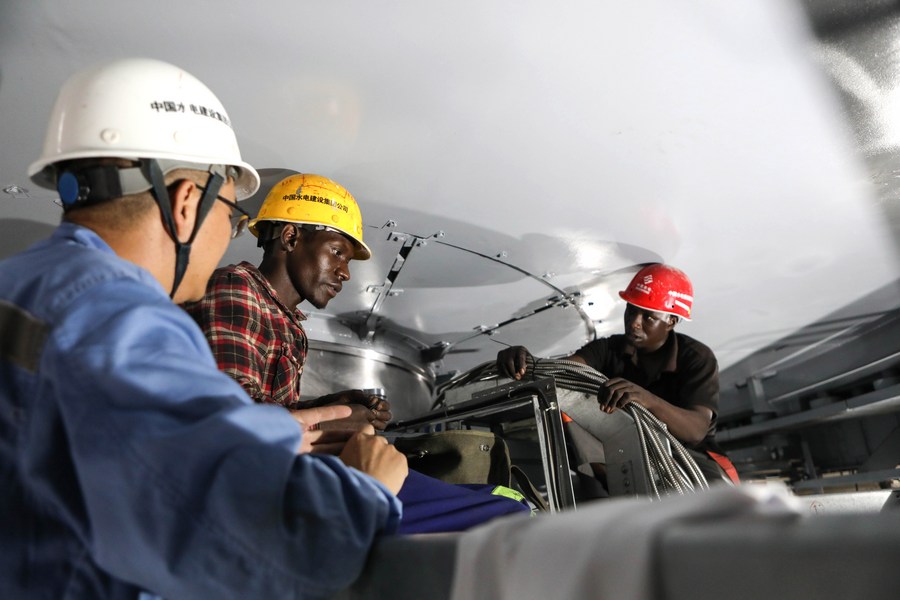
Sinohydro, a subsidiary of Power Construction Corporation of China, is a state-owned engineering and construction company executing large and medium-scale hydropower projects. Its portfolio of services includes general construction; engineering, procurement and construction (EPC); and investment. The company carries out the construction of water conservancy, dam construction, hydropower stations, power, transportation, civil work, mining, and real estate projects.
The company also offers project financing, design, implementation, and operation of infrastructures such as power, transportation, civil work, mining, and real estate. The company has regional offices in several countries across Asia-Pacific, Africa, Eurasia, America, West Asia, and North Africa. Sinohydro is headquartered in Beijing, China.
In the project, more than 6,000 people have been employed, of whom 90 percent are Ugandans. They include skilled, semi-skilled and unskilled workers. And a large number of people were trained in excavation, concrete construction, operation of equipment, and water and electricity industry management skills. Many subcontracts were also awarded to local companies.
Sinohydro also has taken its corporate social responsibilities seriously and constructed a permanent local market in a few steps from the central part of the town named Karuma-Sino Market for locals. Moreover, Sinohydro renovated the Karuma Primary School and built Amaji Primary School adding new classroom blocks, dormitories, toilets, computers, a solar system and the headmaster’s quarters.
Furthermore, Sinohydro commissioned the Ichunia Health Centre IV with fully built nurse quarters and an outpatient unit and expanded a health centre in Masindi army barracks. It renovated several water sources within the area as well.
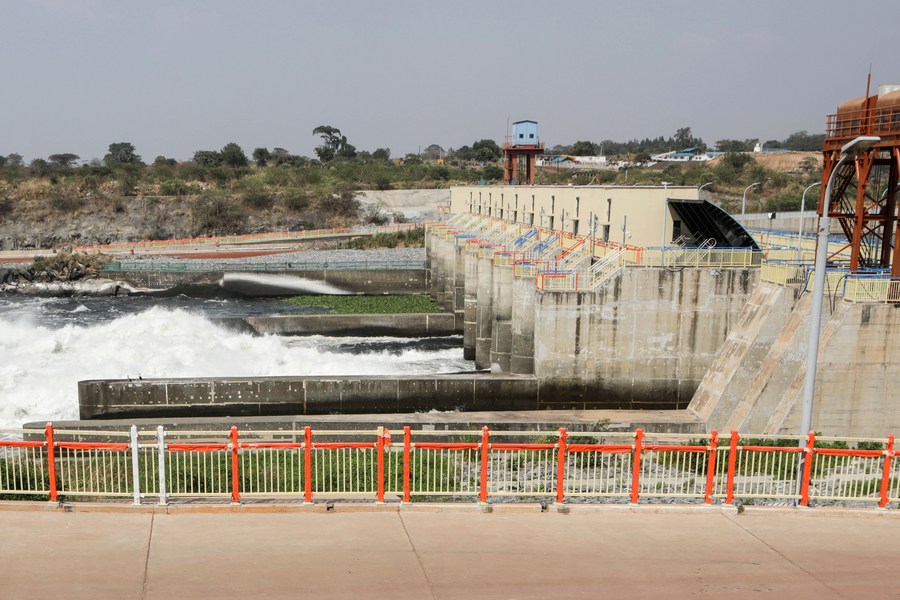
The annual power generation of the power station is about 4.07 billion kWh, which can save about 1.31 million metric tons of raw coal and is expected to reduce the country’s electricity price by about 17.5 percent and provide more green energy.
The Karuma hydropower project is one of Uganda’s leading mega development projects and a key project for Uganda’s 2040 development plan. Also, It’s a flagship project of cooperation between Uganda and China under the Belt and Road Initiative (BRI).
No doubt that this project will accelerate Uganda’s economic growth and development and relieve the nation’s current power shortage in efforts to fast-track industrialization. The close cooperation between China and Uganda has brought win-win cooperation to Uganda and tangible benefits to the Ugandan people.
China’s investments in Africa can be traced back to the 1960s when several African countries were still fighting for their independence from European colonial powers, and China expressed its solidarity by funding a variety of projects across Africa. Beyond doubt the elevation of China-Uganda relations will bring more development opportunities to Ugandans, as well as to the whole African region.
The article reflects the author’s opinions, and not necessarily the views of China Focus.
 Facebook
Facebook
 Twitter
Twitter
 Linkedin
Linkedin
 Google +
Google +



